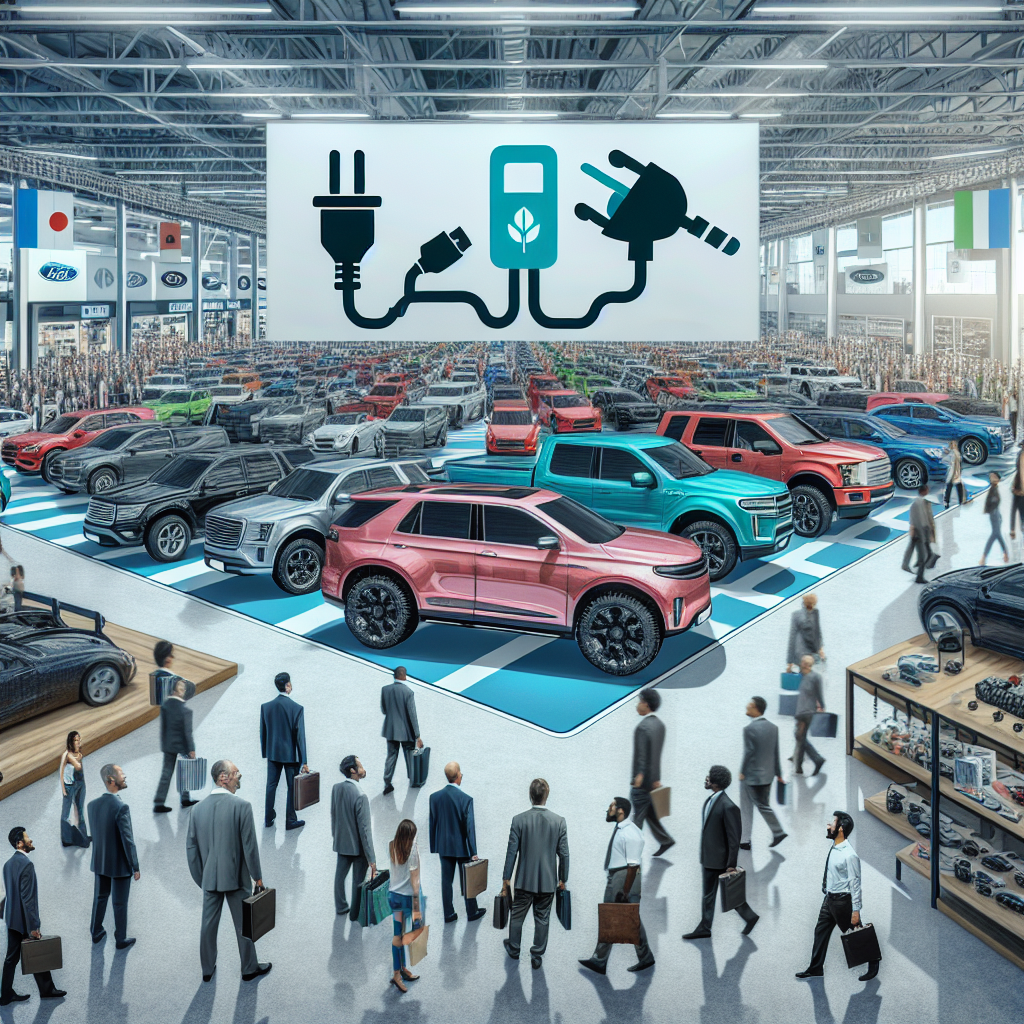
Recent consumer data reveals a clear shift in automotive preferences, with American buyers gravitating toward larger vehicles while the electric vehicle market experiences notable turbulence. Large SUVs and trucks are reaching record sales levels, driven by regulatory changes that have made these segments more profitable for manufacturers. Meanwhile, the electric vehicle landscape presents a complex picture: battery electric vehicles show strong growth in some markets, particularly China, but face headwinds in the United States due to policy uncertainty and tariff impacts. Hybrid vehicles and total cost of ownership considerations are also reshaping purchase decisions as consumers weigh their options in an evolving automotive marketplace.
American consumers are purchasing large SUVs and trucks at unprecedented rates, according to [1]. Regulatory changes have made these larger vehicles more profitable for manufacturers, which has influenced both production priorities and marketing strategies. This trend toward "living large" reflects consumer preferences for spacious, versatile vehicles that accommodate family needs and lifestyle demands. The shift has significant implications for the automotive industry's product mix and future planning.
The electric vehicle market presents contrasting fortunes across different regions and powertrain types. In China, battery electric vehicles surged 29% year-over-year and captured 37% of the total car market in September, representing a record month for the segment, [2]. However, plug-in hybrids declined 3% during the same period. Globally, [3], demonstrating strong momentum for certain manufacturers even as the company continues selling millions of gas-powered vehicles annually.
The United States electric vehicle market faces distinct challenges. According to [4], a downward slide in US electric vehicle sales is underway following recent policy changes. Tariffs are reducing consumer choice, with Kia [5] in the American market. The EV4 was intended as an affordable option to strengthen Kia's electric lineup, but trade policy has disrupted those plans. Despite the sales outlook challenges, infrastructure development continues with charging stations expanding across the country.
Total cost of ownership has become a decisive factor in vehicle selection. [6] reveals that new-car ownership costs decreased this year, but the optimal choice between electric, hybrid, or gasoline vehicles varies significantly by ZIP code. Regional factors including electricity rates, fuel prices, and available incentives determine which powertrain delivers the best value. To help consumers navigate these complexities, a [7] has been introduced to support informed purchasing decisions during this period of market uncertainty.
- When It Comes To Cars, Americans Are Living Large
- BEVs Up 29% YoY & PHEVs Down 3% YoY — September 2025 China EV Sales Report
- Hyundai’s BEV Sales Grow 47% Globally
- EV Sales Outlook Bad, EV Charging Stations Good: What Is Going On?
- Kia delays EV4 indefinitely – America loses more choice due to tariffs
- Should You Buy EV, Hybrid, or Gas in 2025? Your ZIP Code Decides the Winner
- New Online Cost Calculator Aims To Rebuild EV Sales In The US








